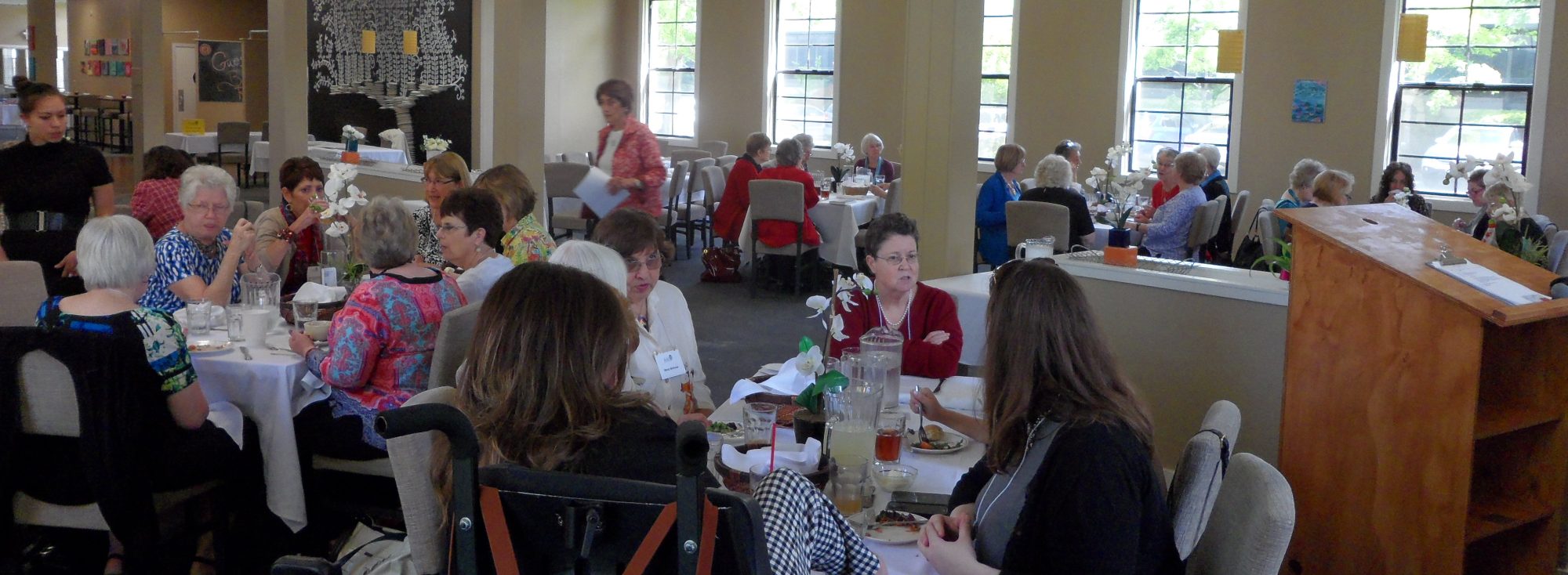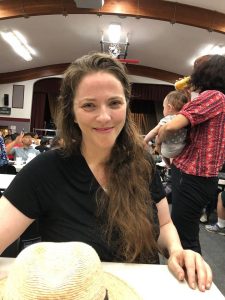President’s Message By Angela Scarlett
Fellow AAUW Members, as I write to you today, I have a heavy heart. My alma mater, Mills College, one of the few remaining women’s colleges on the West Coast, has decided to stop
granting degrees, sell its historic campus to UC Berkley and become an institute. Like many other graduates, I was shocked that the Board of Trustees made this decision as swiftly as they did.
I greatly value my Mills education, the friends I made there and the beautiful campus. It is also the first place where I began to understand better how the world works for other people. During my second semester, all BIPOC students started a campaign to address the fact that Mills had no tenured professors of color. I cannot understate the turmoil and painful stories that needed to be shared. This work that our BIPOC students began in 1992 fostered much-needed change and diversity in both the faculty and the student population. Representation matters.
This period in my education was also my first lesson in intersectional feminism. If you are not familiar with the term, Kimberlé Crenshaw, an American law professor who coined the term in 1989, explained intersectional feminism as “a prism for seeing the way in which various forms of inequality often operate together and exacerbate each other,” in a recent interview with Time magazine (https://www.unwomen.org/en/news/stories/2020/6/explainer-intersectional-feminism-what-it-means-and-why-it-matters).
As president, bringing an intersectional sensibility and equity training to our branch is my core mission. By the time this newsletter hits your inbox, our March 24 program about California’s Master Plan for Aging will have happened. When Kim Rutledge invited the speakers, she ensured that we would hear a diverse set of voices. Race, education, gender and other factors can all impact aging citizens. While AAUW is an organization composed mainly of retired, educated white women, its voice matters when it comes to policy issues for women and girls. We want to consider everyone’s perspective, even when they don’t have a seat at the table with us.
If you would like to learn more about intersectionality, this site (https://www.opportunityagenda.org/explore/resources-publications/ten-tips-putting-intersectionality-practice) is a good resource.
On another note, here are some of the critical email addresses for National AAUW: advocacy@email.aauw.org, editor@email.aauw.org, and memberinfo@email.aauw.org. Be sure to add these email addresses to your contact list or search for them in your email.
As always, feel free to reach out to me with any questions or concerns you may have.

